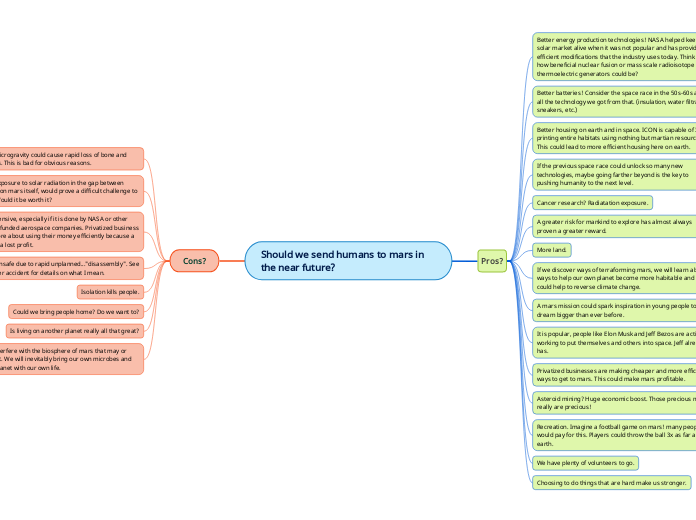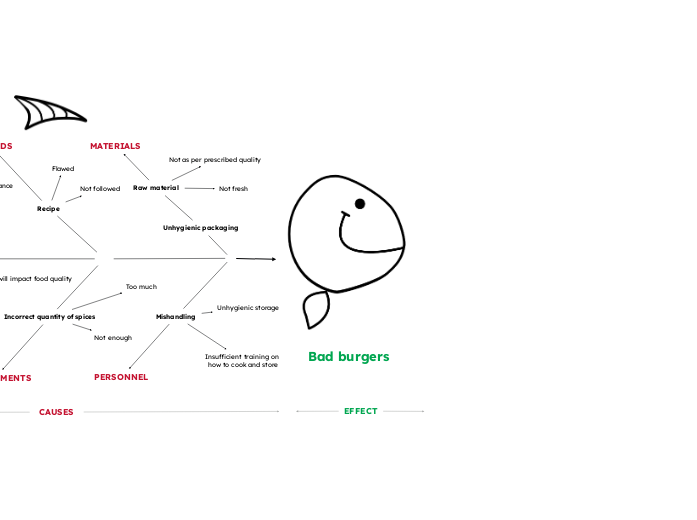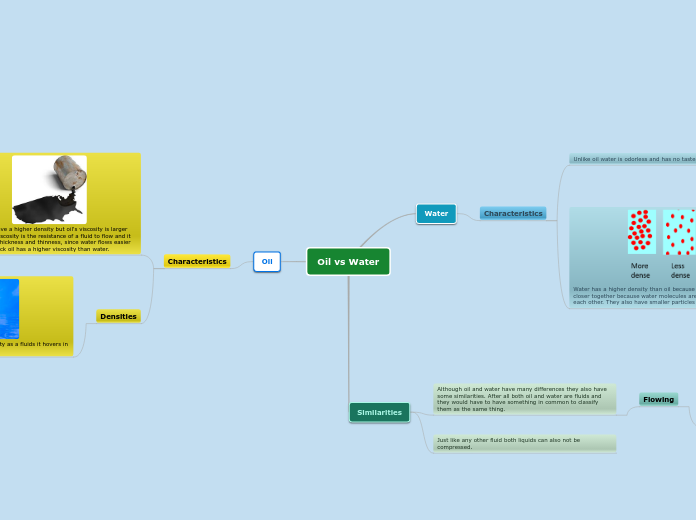por Aaron Stosich 3 anos atrás
162
Should we send humans to mars in the near future?
The debate surrounding the potential human mission to Mars presents a compelling case with numerous advantages. Historically, humanity's ventures into the unknown have yielded substantial rewards, and Mars could be the next frontier offering similar benefits.









